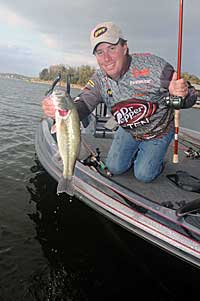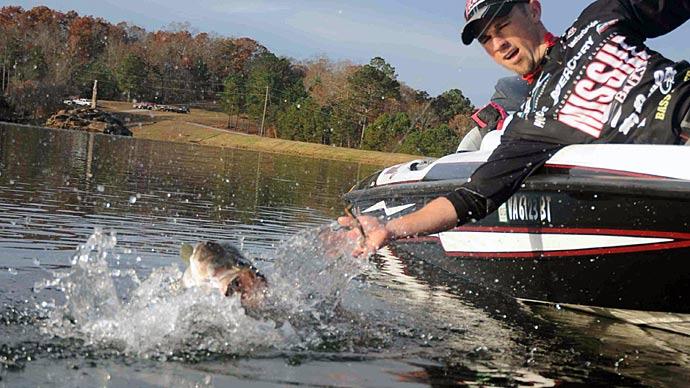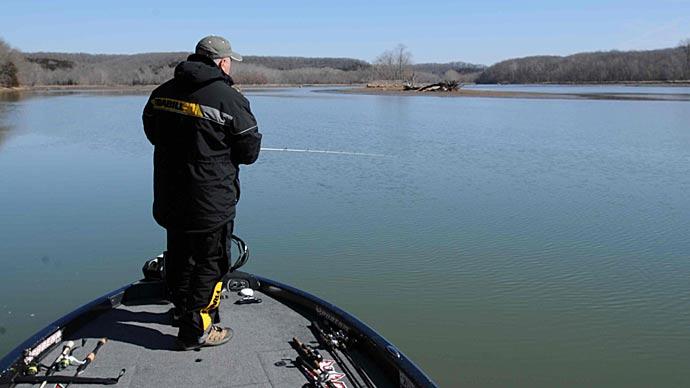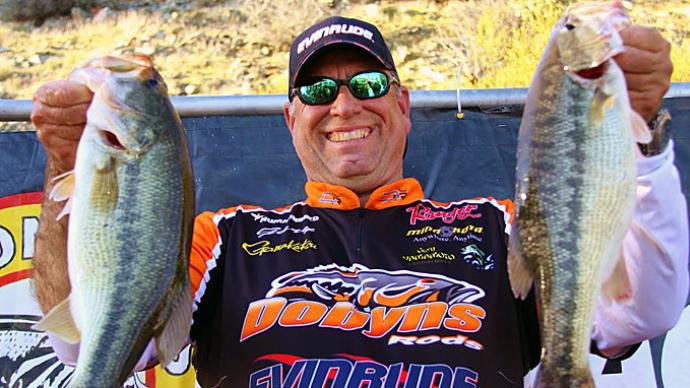
Forestville, WI– When the only things certain in life are taxes and death, advice about how to deal with paying what is owed and not becoming an IRS target attracted huge audiences at the recent National Professional Anglers Association annual conference.
The entire conference dealt with the theme, “Motivate and Inspire.” Numerous speakers and various sessions dealt with all phases of business, sponsors, winning ways, insurance, youth angling events, a fund-raising banquet, media, panels of experts, and topics dealing with new fishing, electronics, and marine products – and taxes.
Nate Pinkham, a St. Paul CPA, explained the difference between fishing as a hobby and professional fishing as a business. “Essentially,” he said, “Treat fishing like a normal business, or it’s considered a hobby.” To him, this means keeping a separate bank account and a separate credit card for the fishing business. “To be safe, make sure there are no overlaps with personal or household finances,” he said.
To his estimation, the majority of anglers don’t make a profit from fishing. If an audit occurs, the question to ask (and will probably be asked) is, “Is your goal to make a profit, or is this just for fun?” Since people cannot deduct hobby losses, making a profit or attempting to do so is the critical question. A business can only take losses three out of five years before red flags start flying.
Treating fishing as a business means acquiring a name and filing the name with the secretary of state. Also significant are federal and state ID numbers. Most anglers are self-employed, and an LLC corporation is the direction most take. “Get a letterhead, maintain records carefully as expenses and income occurs,” Nate said.
Regarding records, he said good records kept as part of a tournament log would include all travel, miles, dates, conferences, events, shows, retail appearances, media events, potential tournament winnings, and all expenses. He said, “Usually, professional anglers will elect to deduct actual expenses rather than claim mileage. He said, “Vehicle depreciation can be expensed, along with lease payments, insurance, repairs, taxes, licenses, tolls, fuel, maintenance, etc.” The actual cost of meals and lodging while traveling may be deducted.
Declaring a home office as a deduction received an emphatic “No Way!” from Nate, who continued, “It is too small of a deduction and throws up a red flag.” This is the biggest invitation to an audit in the entire tax world, he confided to attendees.
Record-keeping was a constant theme, and he warned all to keep records for three years but hold onto them for at least five years to be safe. “In everything you do,” he recommended, “Show the opportunity about how much you could have won.” If fishing is a business, make it just that, and he also advised anglers to consult with a hometown CPA for further answers and suggestions.




